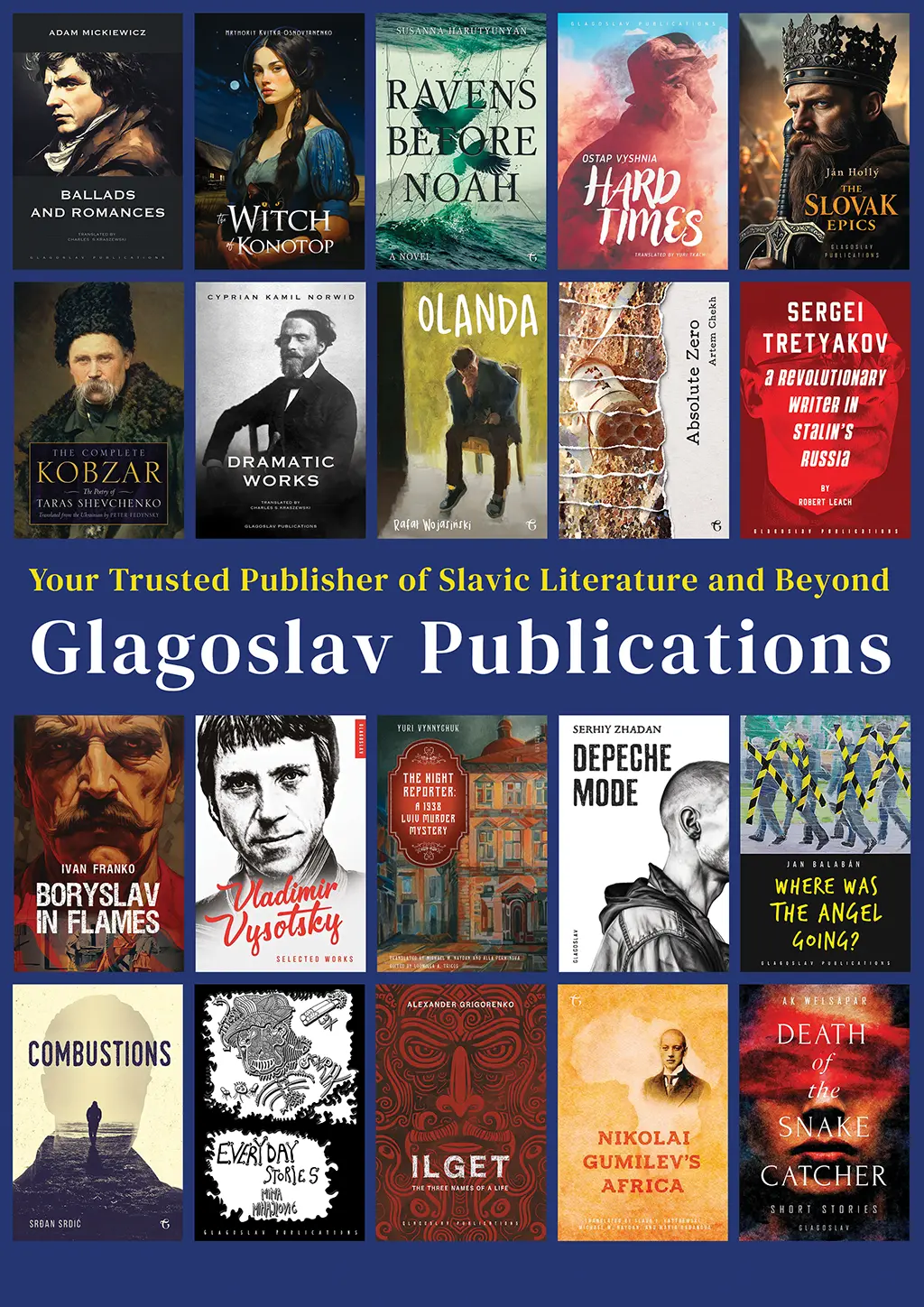Henryk Sienkiewicz
Henryk Sienkiewicz (1846–1916) isn’t just the mind behind Quo Vadis—he’s a Polish literary giant who turned storytelling into a lifeline for his oppressed homeland. Born in a rural village under Russian rule, he came from faded nobility with Tartar roots, growing up amid the fallout of failed uprisings that crushed Polish dreams of freedom. Those early hardships fueled his passion for history and identity.
After a bumpy education in Warsaw—switching from law to medicine to philology—he dove into journalism, scribbling sharp pieces under the alias “Litwos.” His big break came with a trip to America in 1876–1878, where he chronicled everything from bustling cities to Native American struggles in letters that mixed awe and critique. Back home, his short stories like “The Lighthouse Keeper” captured the ache of exile and everyday tragedy.
But Sienkiewicz hit his stride with “The Trilogy” (1883–1888): With Fire and Sword, The Deluge, and Pan Michael. These epic tales of 17th-century battles and heroes were his way of “strengthening hearts” during Poland’s dark days under foreign powers. They exploded in popularity, blending fact, drama, and unapologetic patriotism.
Then came Quo Vadis in 1895–1896, a riveting dive into Nero’s Rome, pitting Christian faith against imperial madness. It became a worldwide blockbuster, translated everywhere and inspiring films, plays, and endless debates. Sienkiewicz followed with The Teutonic Knights (1900), another hit about medieval Polish victories, and kids’ adventure In Desert and Wilderness (1911).
In 1905, he snagged the Nobel Prize for his epic style, using the spotlight to spotlight Poland’s plight. Personally, life was tough—his first wife died young, leaving two kids; later marriages were rocky. During World War I, he rallied aid from Switzerland, teaming with figures like pianist Ignacy Paderewski.
Sienkiewicz passed in 1916, just shy of Poland’s independence, but his body came home in 1924 to a hero’s welcome. Today, he’s remembered as a master who wove history, romance, and moral fire into stories that still resonate. His words didn’t just entertain—they kept a nation’s spirit alive.
Showing the single result

